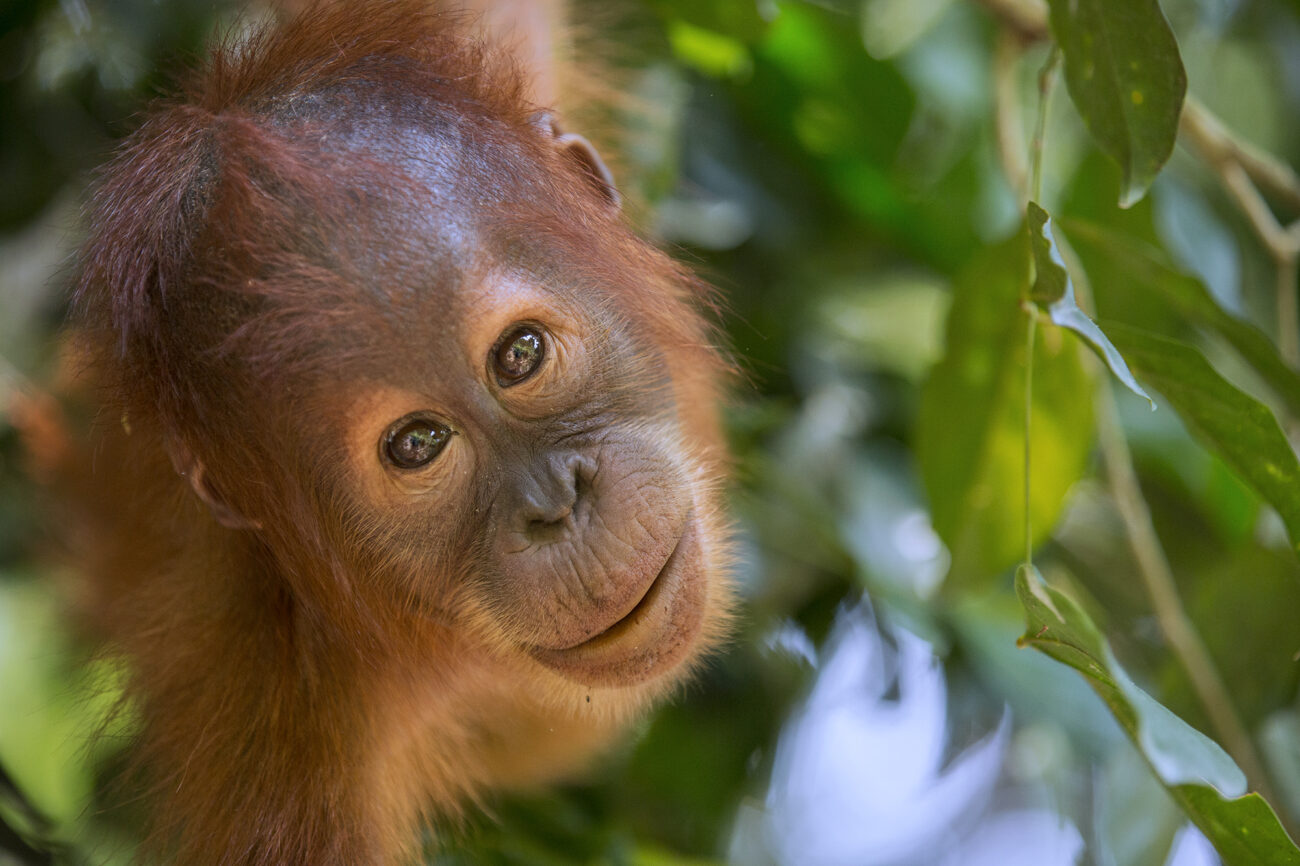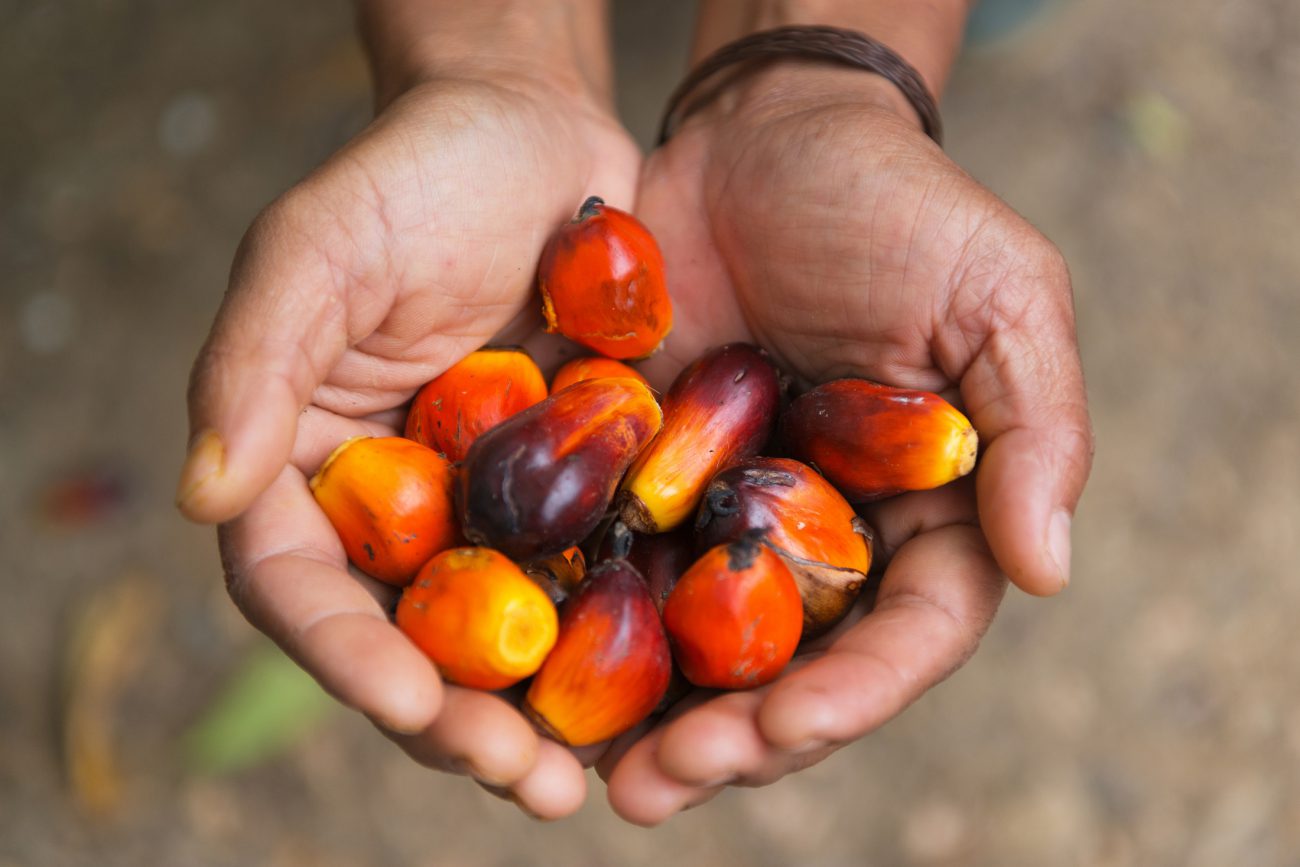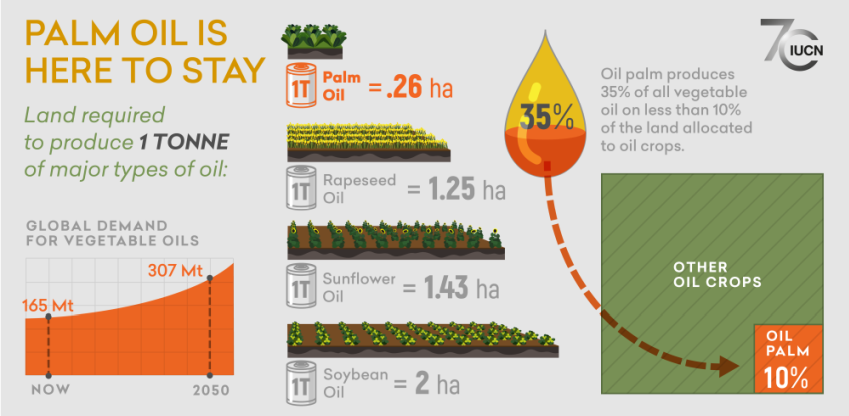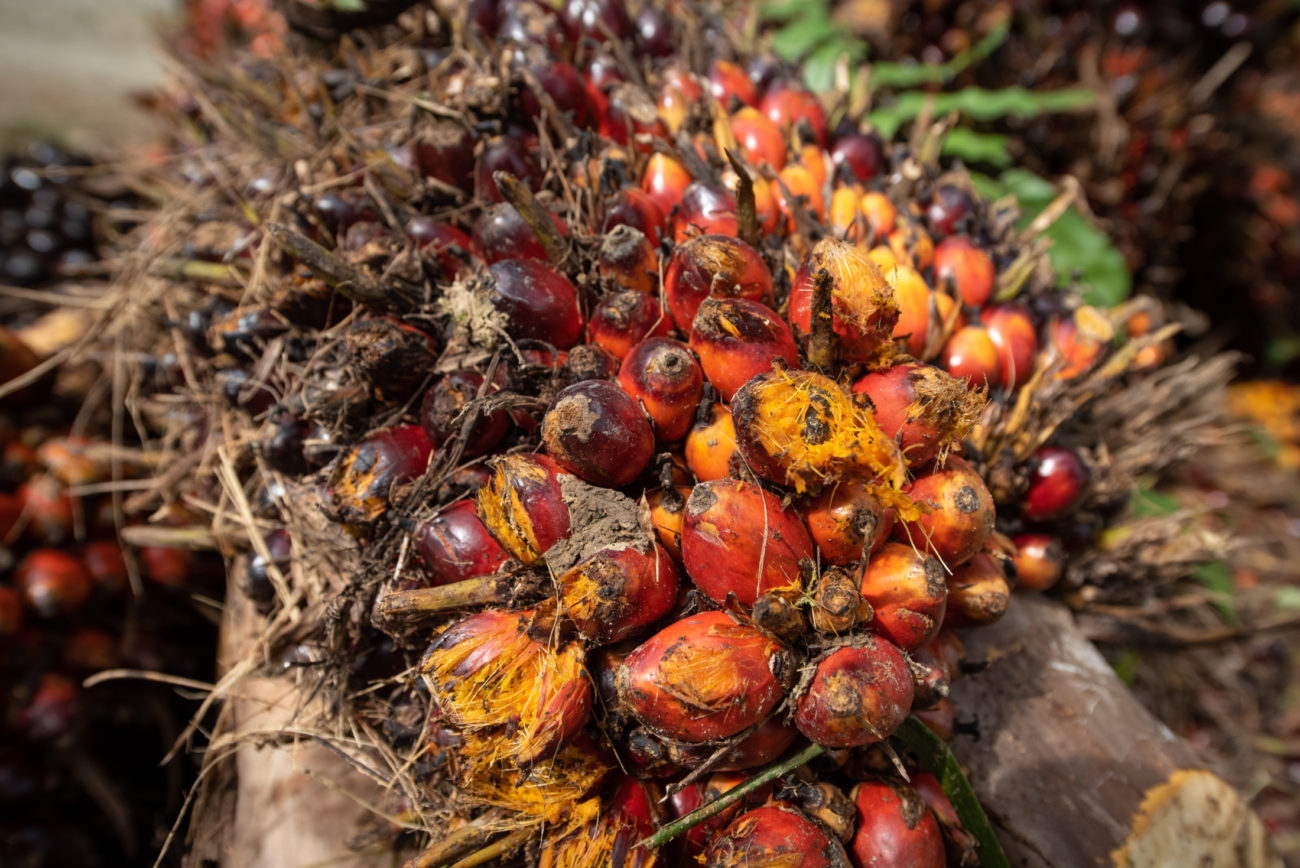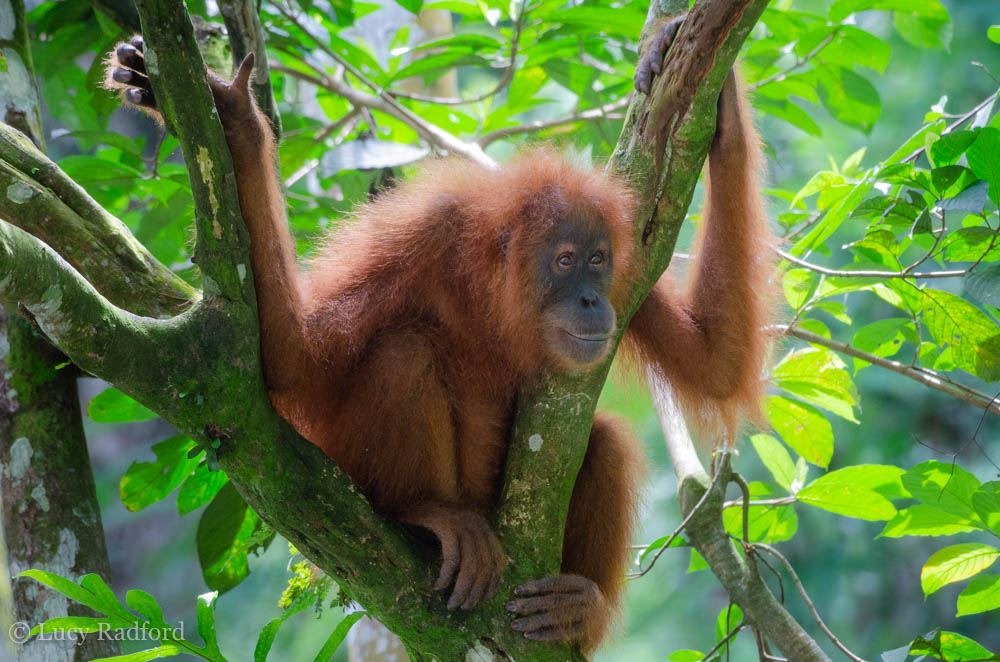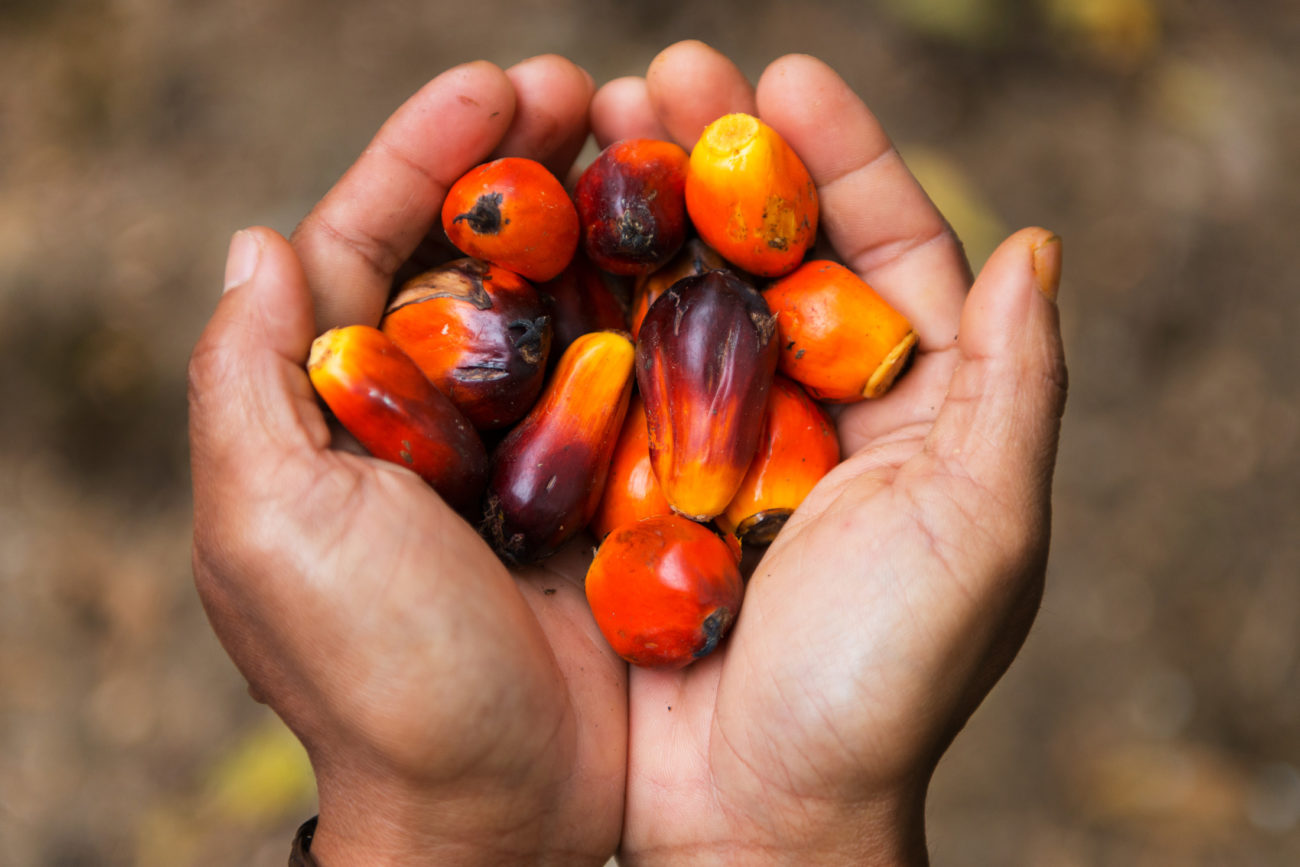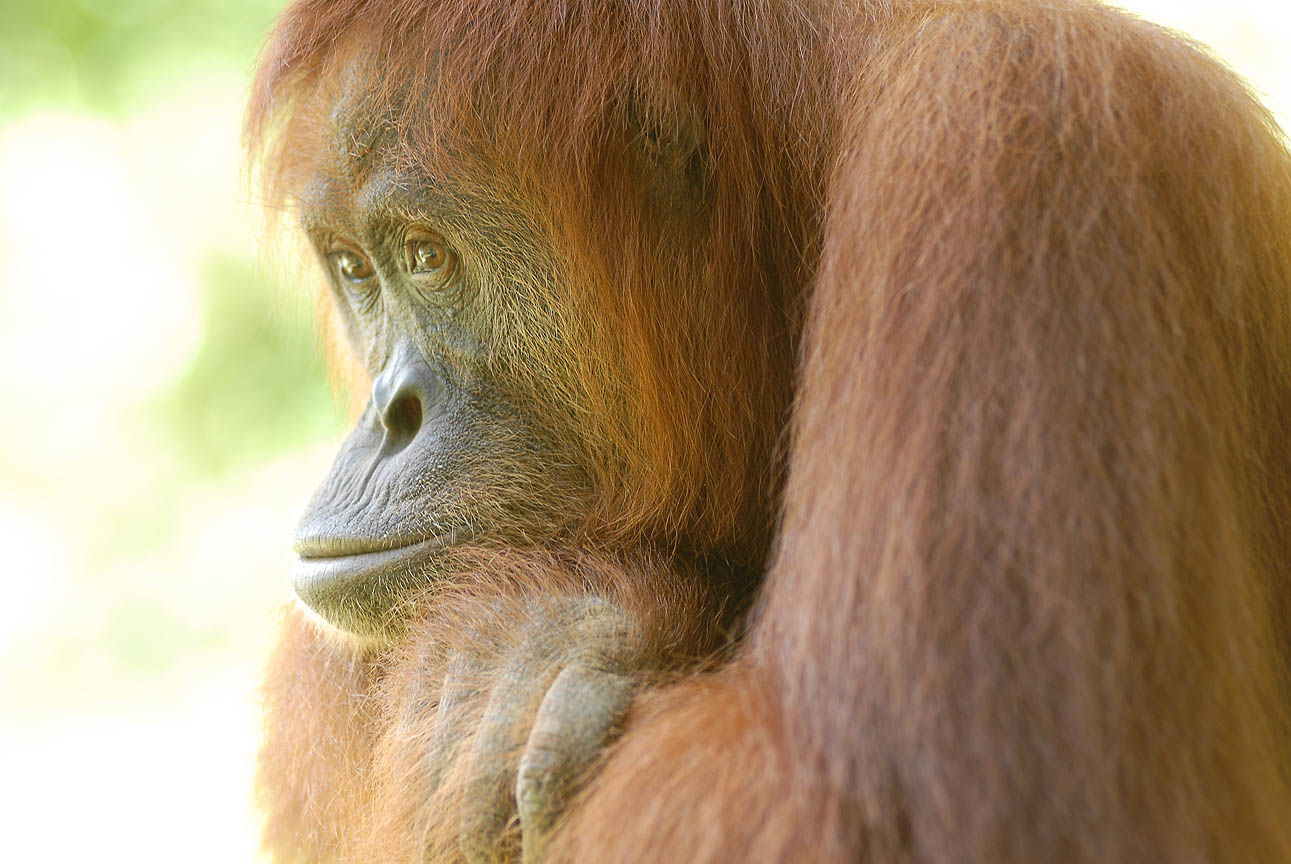SOS Position on Palm Oil
What is palm oil?
Palm oil is a vegetable oil extracted from the fleshy fruit of oil palm trees. It is a common ingredient in many products such as food, cosmetics, cleaning products, biofuel and even animal feed. Three-quarters of total palm oil produced globally is used for food, particularly cooking oil and processed oils and fats.
Palm oil is so prevalent in our products due to its low cost and long shelf life. Oil palm trees have been hailed as a “wonder crop” due to their high yield per hectare. The trees can fruit all year round and are generally a cheap, low maintenance plant to grow. However, the palm oil industry has been heavily criticised for its role in deforestation and destructive impacts on ecosystems, wildlife and human rights.
What does palm oil have to do with orangutans?
Palm oil has been one of the most conspicuous causes of deforestation, probably because it’s so strongly associated with iconic species like orangutans. In fact, 85% of global palm oil supply comes from Indonesia and Malaysia.
Historically, rainforests have been cleared to make way for new oil palm plantations, destroying the precious homes and habitats of endangered species, like orangutans. However, more recent advances in Indonesian government policies and corporate commitments have been effective in addressing this issue. In fact, the palm oil industry is transforming far more rapidly than many other deforestation-linked commodities.
Nowadays, orangutans face a range of constraints involving the restriction and fragmentation of their habitat. However, these challenges are not solely caused by palm oil; farmlands, roads, and other human-made barriers can cut through natural landscapes and hamper connectivity between populations. This leads to orangutans being trapped in isolated pockets of forest. Unless these fragmented habitats are protected and reconnected, there is a risk that some of these populations might disappear altogether.
